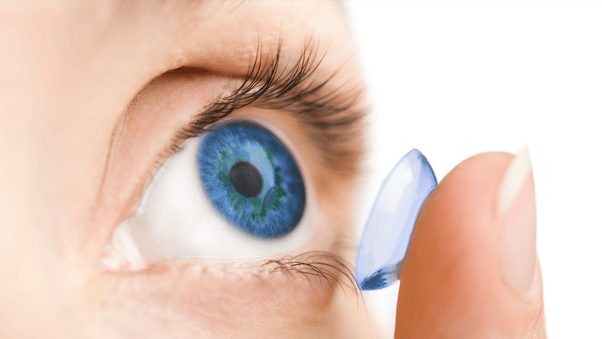
Everyone experiences occasional aches and pains. In fact, sudden pain is an important reaction of the nervous system that helps alert you to possible injury. When an injury occurs, pain signals travel from the injured area up your spinal cord and to your brain.
Pain will usually become less severe as the injury heals. However, chronic pain is different from typical pain. With chronic pain, your body continues to send pain signals to your brain, even after an injury heals. This can last several weeks to years. Chronic pain can limit your mobility and reduce your flexibility, strength, and endurance. This may make it challenging to get through daily tasks and activities.
Chronic pain is defined as pain that lasts at least 12 weeks. The pain may feel sharp or dull, causing a burning or aching sensation in the affected areas. It may be steady or intermittent, coming and going without any apparent reason. Chronic pain can occur in nearly any part of your body. The pain can feel different in the various affected areas.
Chronic pain can also affect people living with:
- diabetes
- arthritis
- fibromyalgia
- irritable bowel
- back pain
Check out 8 tips for living with chronic pain!

























